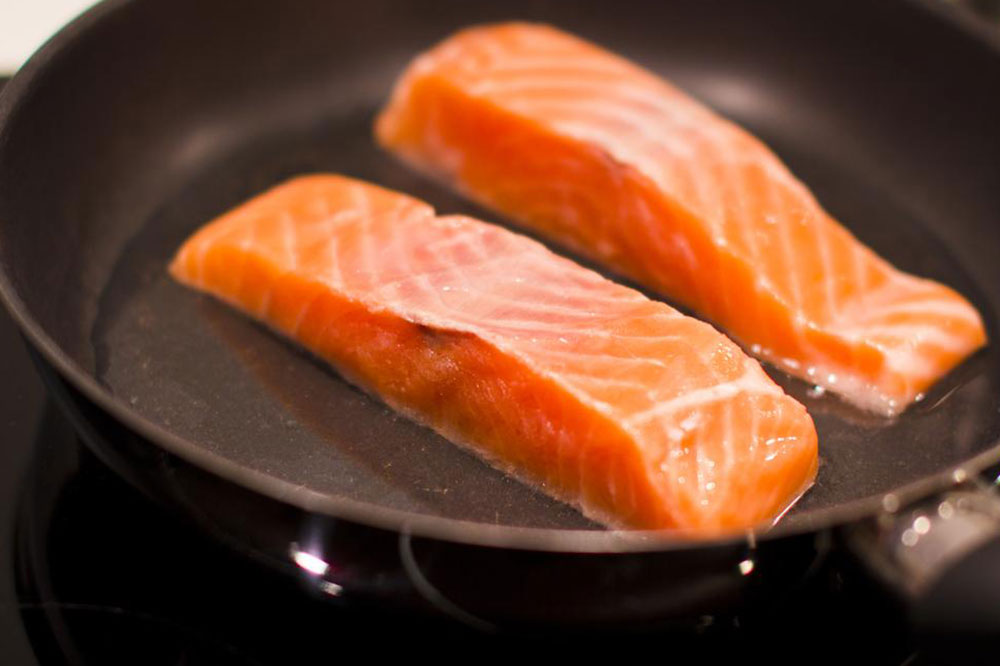
Foods to Eat for Schizophrenia
“70% of your serotonin is made in your gut. What’s going on in your gut is going to affect your mood – anxiety, depression, and focus.” Dr. Frank Lipman.
Celebrity doctor and physician Dr. Frank Lipman believes that the food you eat not only impacts your physical body but has an influence on your mental health as well. It is especially true in the case of people who have Schizophrenia. Studies conducted by the Journal of Psychiatric Research on the dietary pattern of patients with Schizophrenia confirms this opinion of Dr. Lipman. It asserts that patients with a mental condition like Schizophrenia naturally refrain from eating healthy foods and are drawn towards high-saturated fatty meals that result in a total imbalance of their metabolic system. Weight gain, especially, is a prime cause of concern in people with Schizophrenia because it can lead to a host of other chronic conditions like diabetes and heart disease. Here is a list of beneficial foods suitable for people struggling with Schizophrenia, a psychotic disorder.
Omega-3 fatty acids
- Omega-3 essential fatty acids are critical for brain development, maintenance, and functioning. They are responsible for the protection of cell walls and the receptors inside them, the neurotransmitters. These poly-unsaturated fatty acids (PUFAs) are antioxidants that arrest cell death.
- For the prevention of Schizophrenia in high-risk populations, Omega-3 fatty acids are quite helpful.
- The PUFAs are inexpensive, do not exhibit many side-effects, and have long-standing benefits. Even many years after stopping this food group, studies show there is a very low possibility of schizophrenia developing in the human subjects used for this trial.
- Omega 3 fatty acids are present in fatty fish like salmon, trout, tuna, and sardine, seafood, flax seeds, soy, and walnuts.
Vitamin and antioxidant-rich foods
- Free radicals that cause brain damage are broken down by a diet rich in vitamins and antioxidants. Hence, vitamin deficiencies during pregnancy, and sometimes after the child is born, can cause Schizophrenia too.
- All water-soluble vitamins and vitamin K, the only fat-soluble vitamin, act as co-enzymes in the human body’s metabolic process.
- Since schizophrenia patients tend to consume a high-fat diet, the number of vitamins and fiber in their diet reduces. But conscious efforts must be taken to eat foods such as cereals, legumes, and whole grains, containing vitamins B1, B2, and B3. All of these, along with Vitamin B6 found in chicken, turkey, oatmeal, brown rice, wheat germ, and eggs act as co-enzymes in the body’s oxidation process. Leafy green vegetables like arugula, kale, romaine lettuce, and spinach, and others like asparagus, broccoli, cauliflower, and okra are also rich in Vitamin B6 or Folate.
- These, along with Vitamin B12, help reduce schizophrenia symptoms.
- Similarly, the antioxidants present in strawberries, blueberries, goji berries, raspberries, beetroot, red cabbage, and dark chocolate help reduce oxidative stress in the brain cells.
- Oxidative stress is one of the causes of the brain’s degeneration that could lead to psychotic episodes.
Fiber and potassium
- Schizophrenia is often associated with other chronic health conditions like obesity, cardiovascular ailments, and diabetes.
- Fiber-rich foods help in the digestive process and lower bad LDL cholesterol in the body that causes the illnesses mentioned above.
- Oats, brown rice, bananas, apples, pears, papayas, carrots, sweet potatoes, and kidney beans are fiber-rich foods that help maintain blood glucose levels and reduce mood swings and other schizophrenia symptoms.


